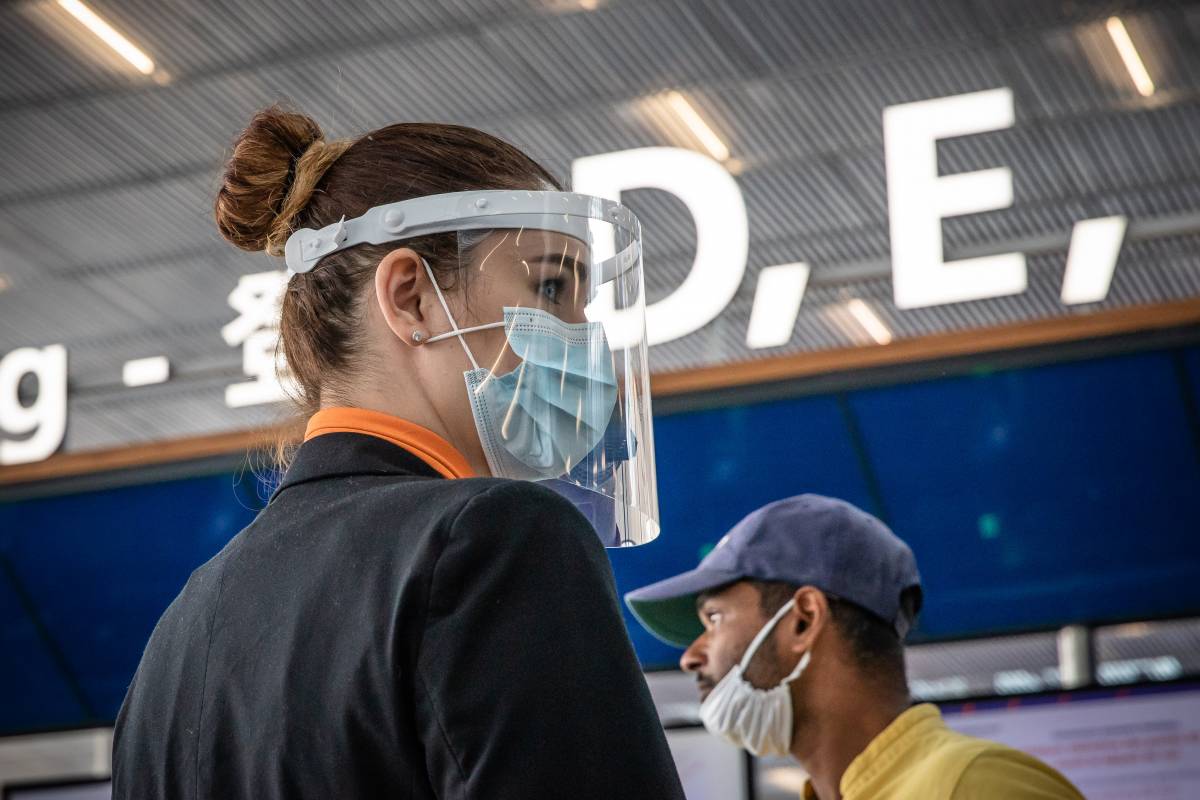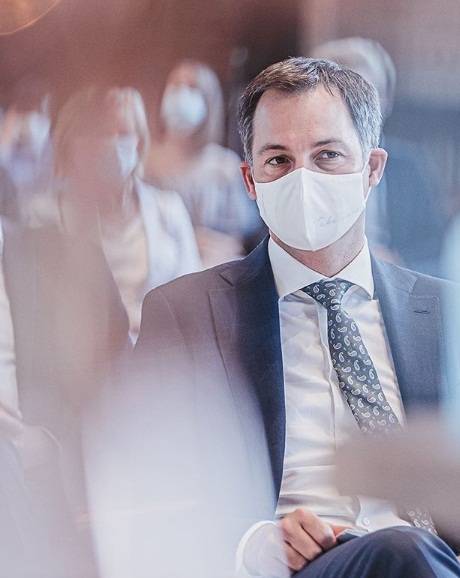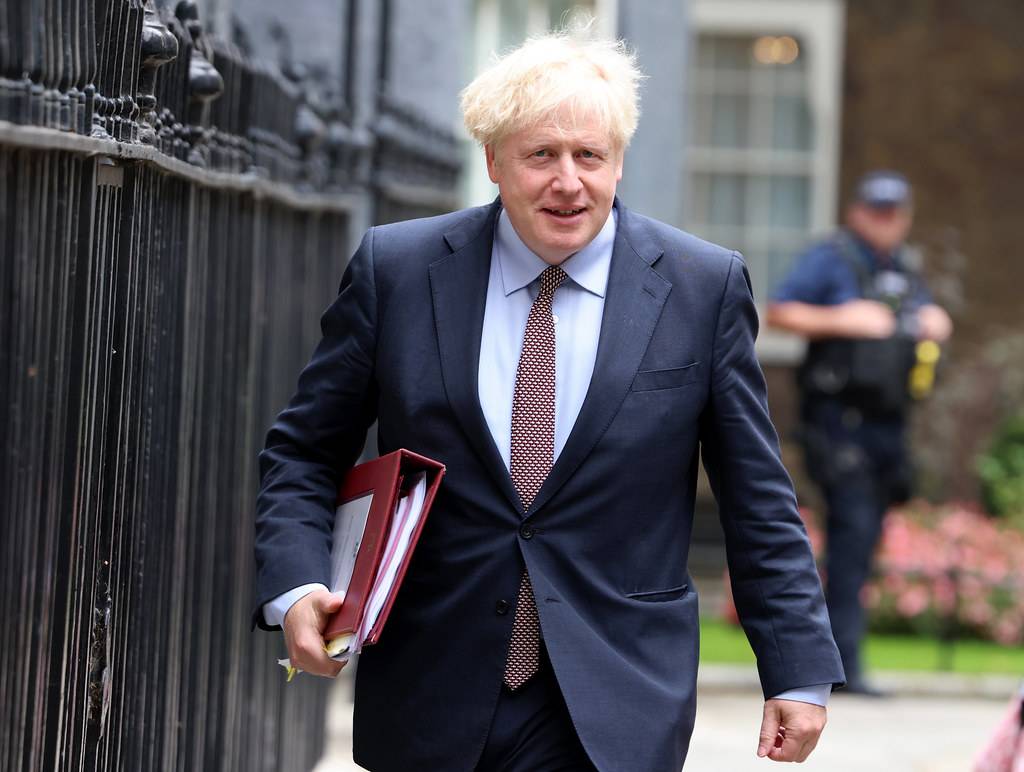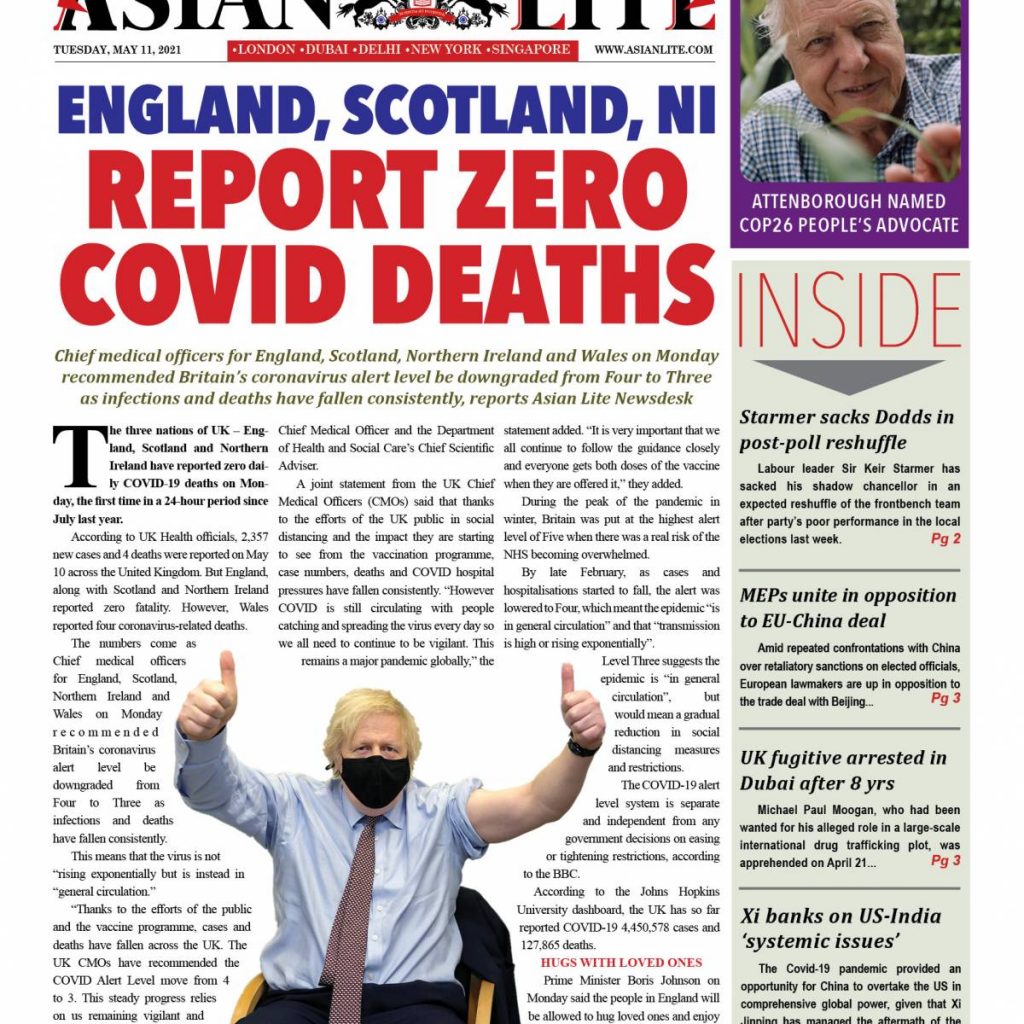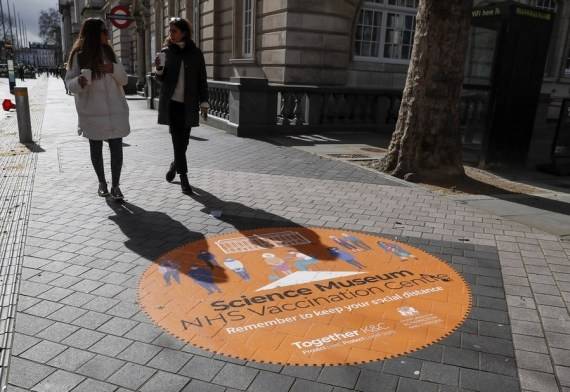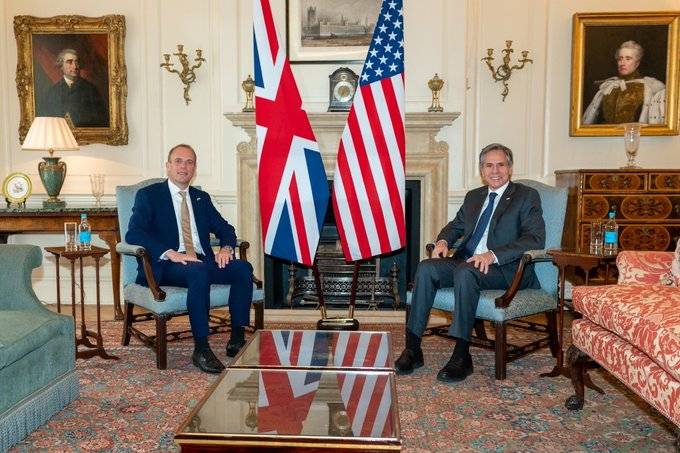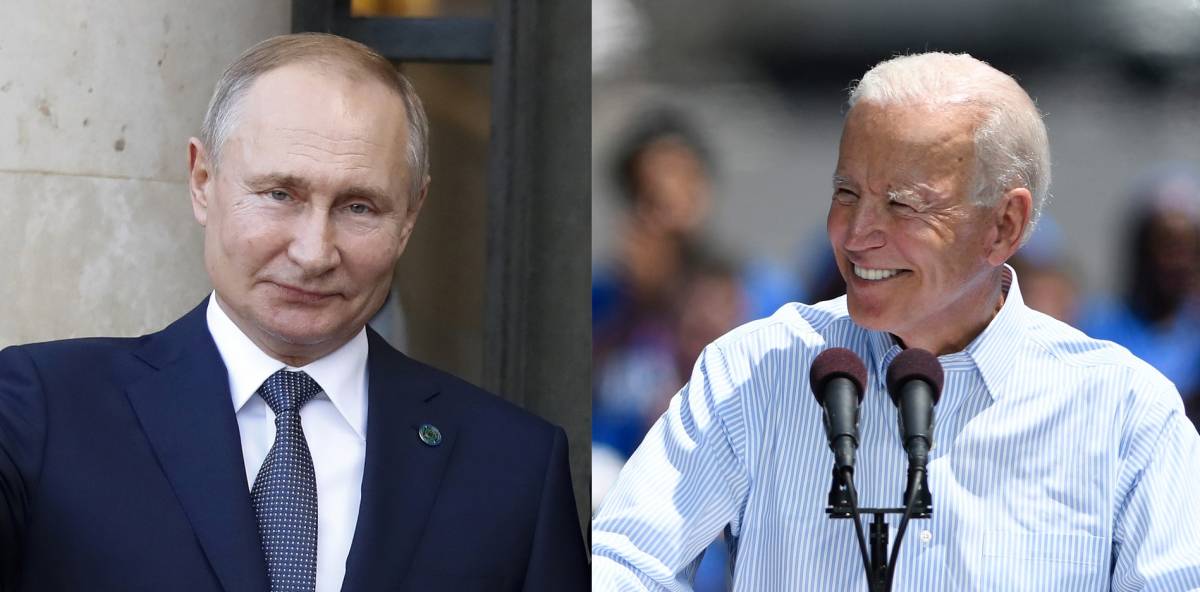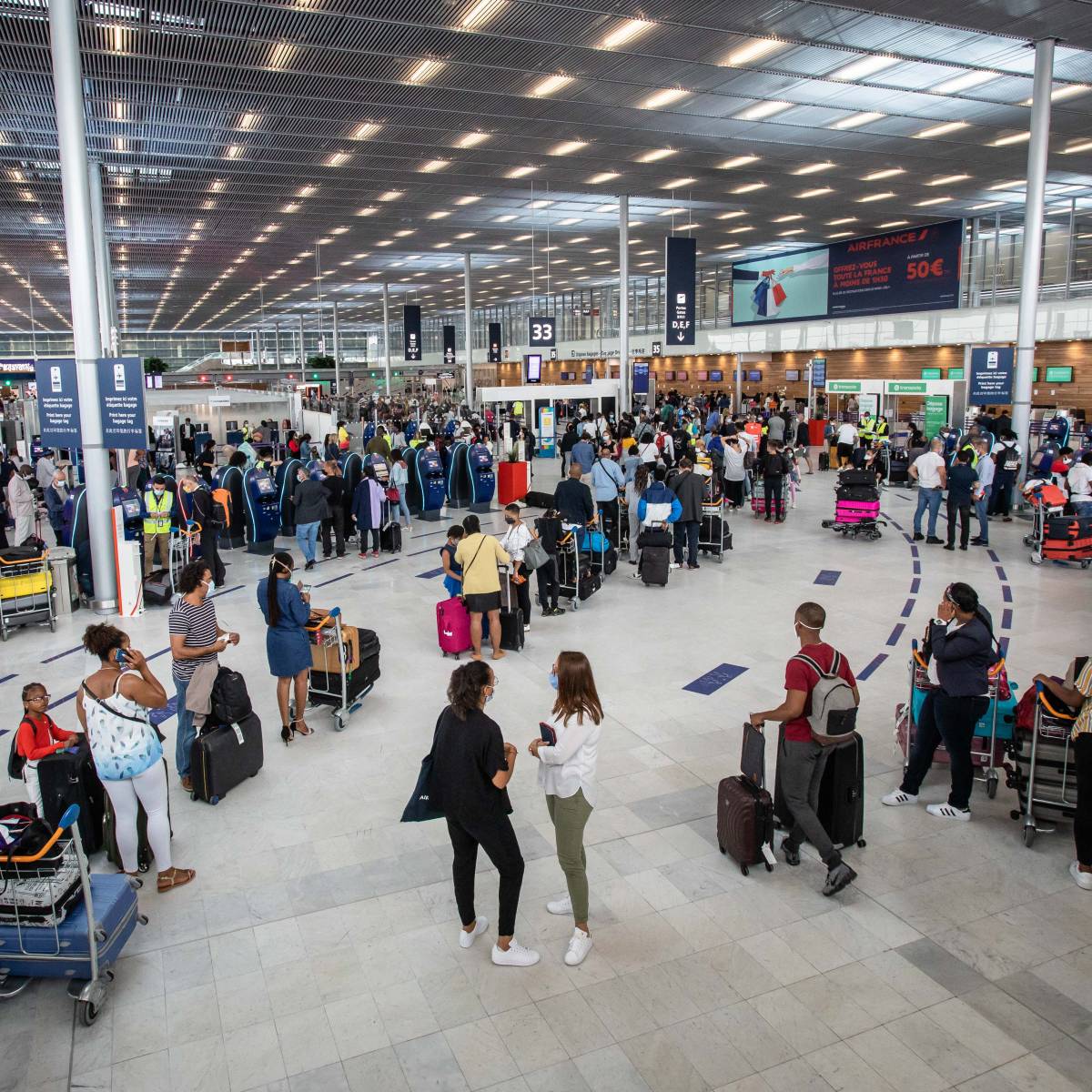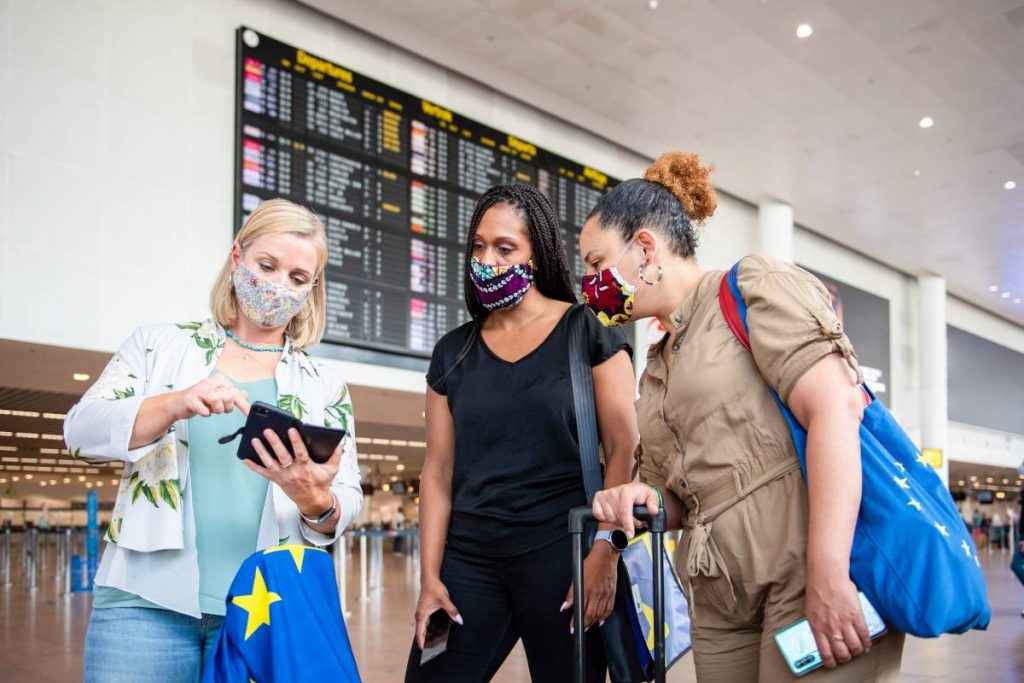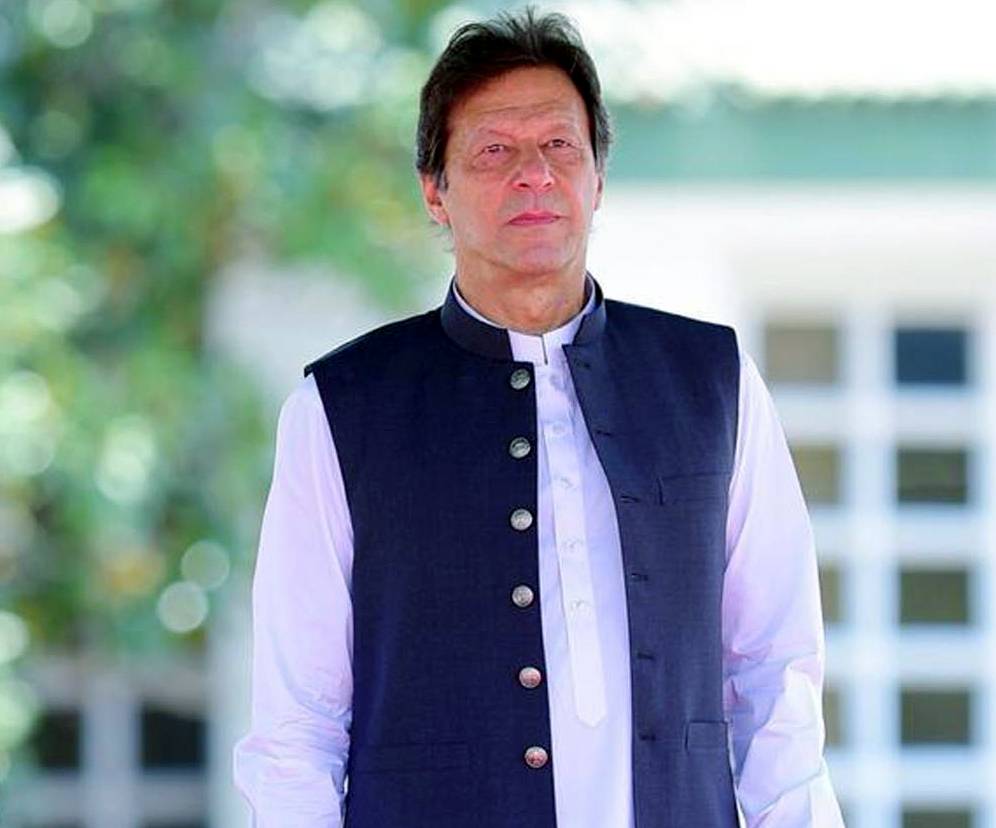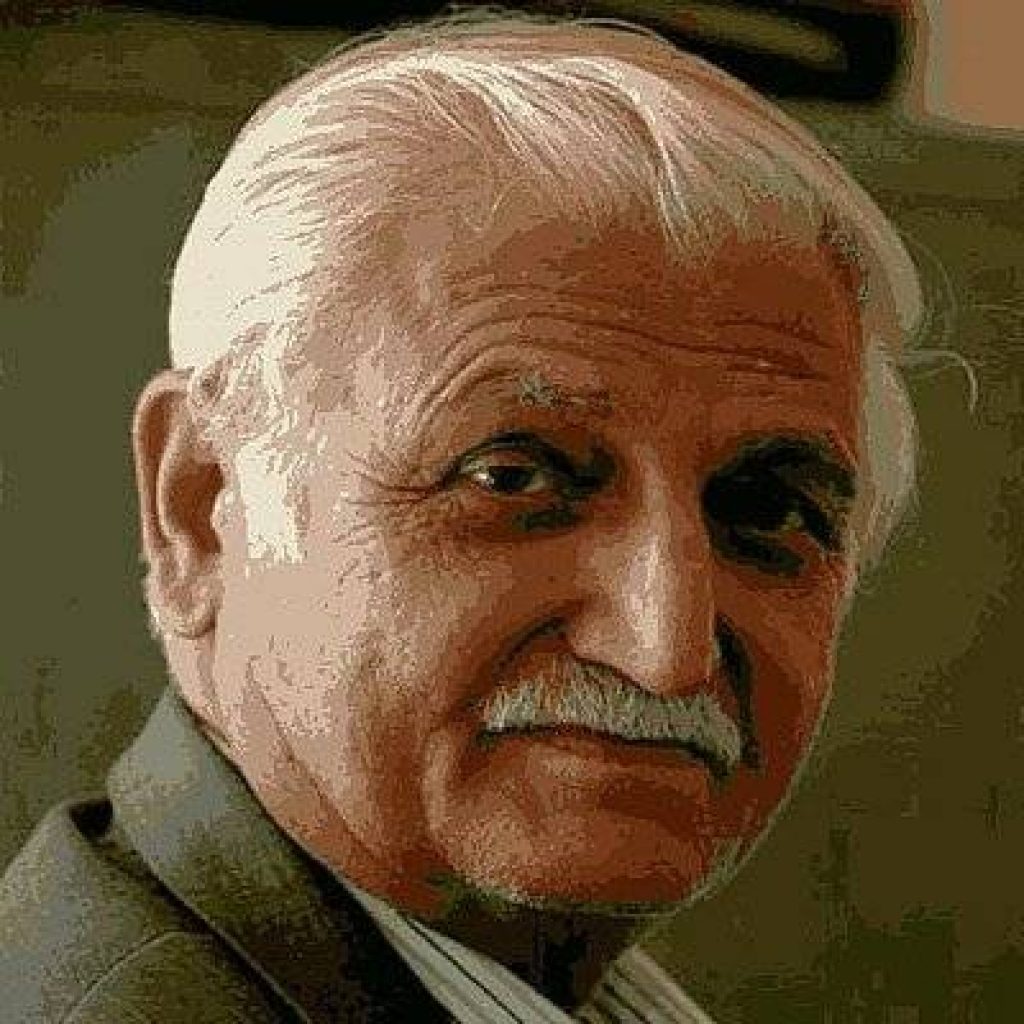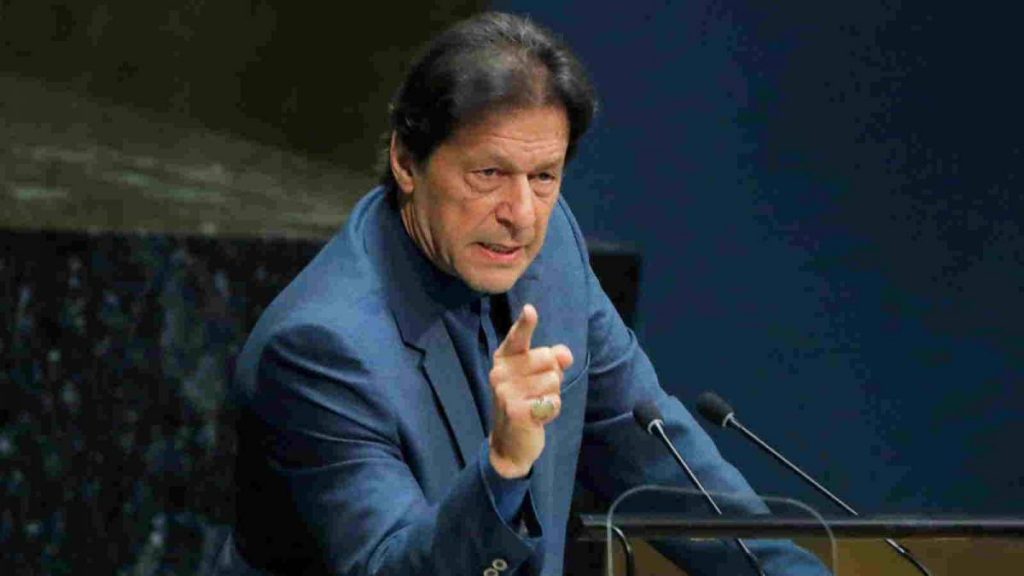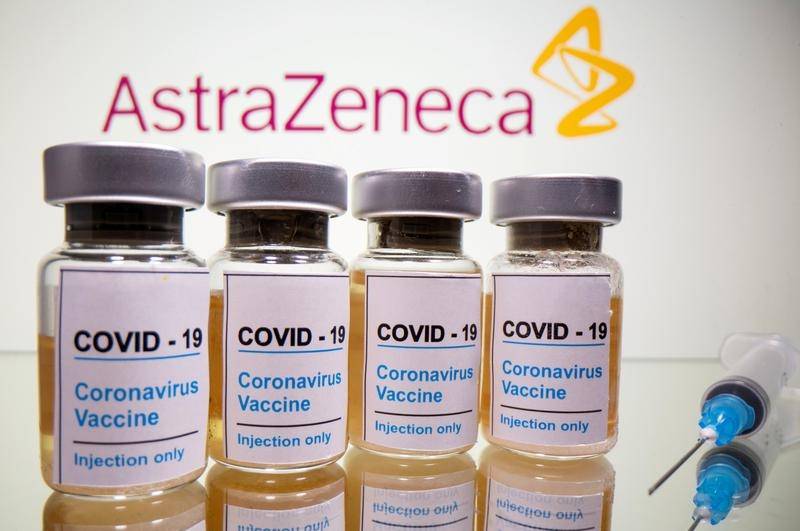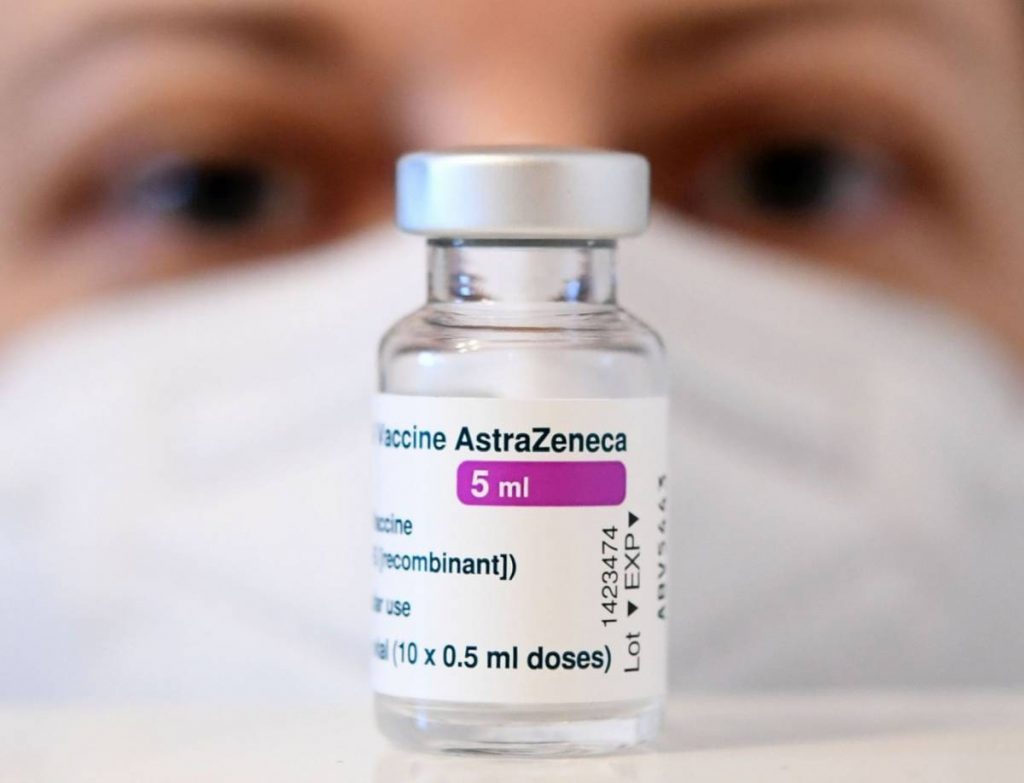Continuing to stand beside its partner India, Japan flew in 2 aircraft of life-saving equipment that included oxygen concentrators, said the Ministry of External Affairs (MEA)…reports Asian Lite News.
Global aid continues to pour in as India battles a massive second wave of the Covid-19 pandemic.
Major consignments of medical supplies and equipment were received from South Korea, Japan, France, Italy and UK on Thursday, including oxygen concentrators, ventilators and rapid testing kits.
Continuing to stand beside its partner India, Japan flew in 2 aircraft of life-saving equipment that included oxygen concentrators, said the Ministry of External Affairs (MEA).
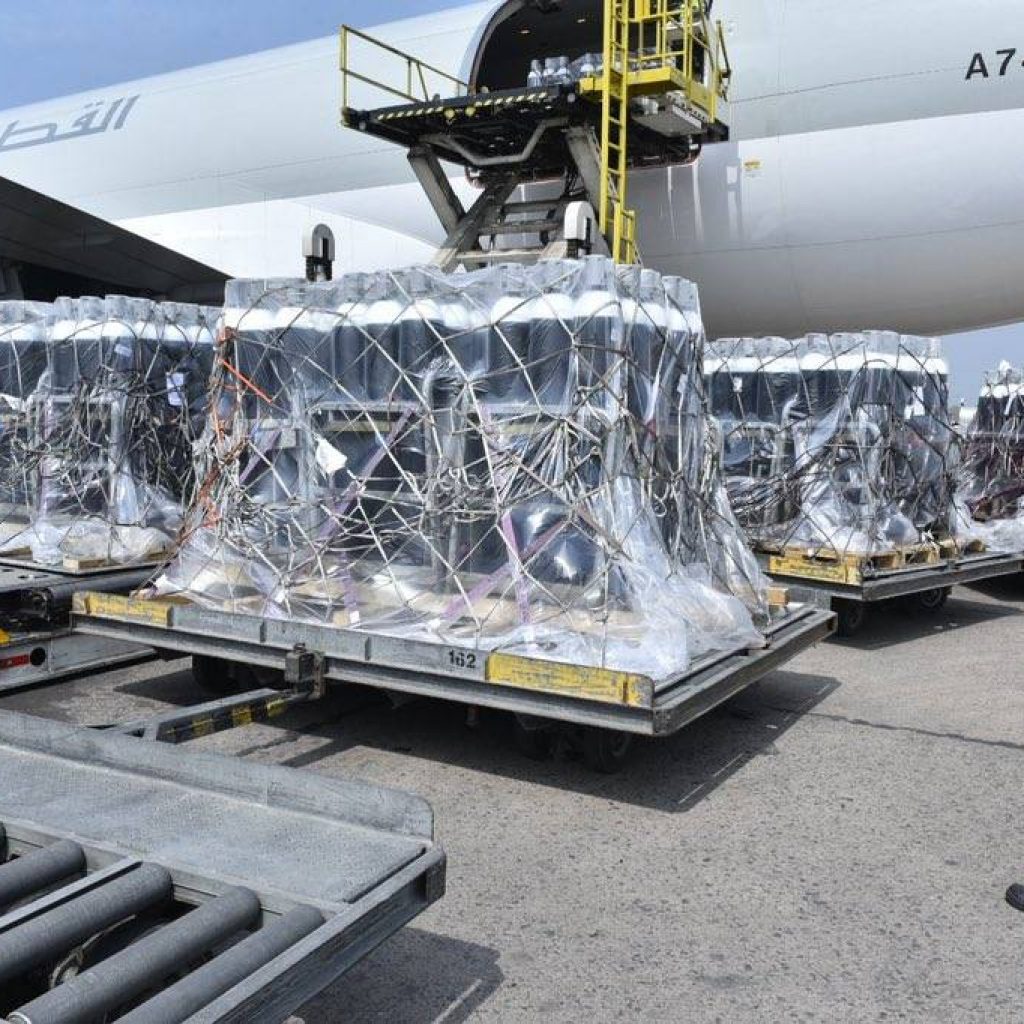
“Cooperation with Japan continues. 2 aircrafts carrying a total consignment of 100 oxygen concentrators arrive from Japan. 4 aircrafts in 2 days from Japan have delivered a cumulative of 200 oxygen concentrators. Appreciate this continuing support from our partner Japan,” MEA Spokesperson Arindam Bagchi tweeted.
Another East Asian partner, the Republic of Korea, sent a shipment of 10,000 rapid testing kits that were received by India on Thursday.
“Our continuing cooperation with Republic of Korea. Welcome the shipment of 10,000 rapid testing kits from Republic of Korea that arrived today,” said another tweet by the Bagchi.

Two ISO containers arranged by France and facilitated by Qatar on board INS Trikand also reached Mumbai.
“A partnership across the seas brings tangible benefits on ground 2 ISO containers arranged by France, facilitated by Qatar & transported by @indiannavy on #INSTrikand reach Mumbai (India). Kasturba Hospital, Mumbai receives LMO. Others to also benefit,” the MEA Spokeperson’s tweet said.
A gift of 1,200 oxygen cylinders from British Oxygen Company arrived from UK on Thursday. This is in addition to the 1,350 oxygen cylinders that arrived from the UK on Tuesday. This is part of UK’s generous contribution of 5,000 oxygen cylinders.
“Welcome the gift of another 1200 oxygen cylinders from British Oxygen Company that arrived from the UK today. Appreciate the logistical support from Qatar Airways for this shipment,” the MEA Spokesperson mentioned.
Government of India has been receiving international donations and aid of COVID-19 relief medical supplies and equipment since April 27 from different countries and organisations to augment its efforts in fighting the unprecedented surge in COVID in the country, said an official statement from the Ministry of Health and Family Welfare.
Cumulatively, 9,294 Oxygen Concentrators; 11,835 Oxygen Cylinders; 19 Oxygen Generation Plants; 6,439 ventilators/Bi PAP; nearly 4.22 L Remdesivir vials delivered/ dispatched through road and air, from April 27 to May 12.
Major consignments received on Thursday from Kuwait, Singapore, Gilead, Switzerland, Spain and Egypt included 86,595 vials of anti-viral Remdesivir, 4,802 oxygen cylinders, 10 oxygen concentrators and 141 Ventilator/ BiPAP/ CPAP.
Effective immediate allocation, and streamlined delivery to the recipient states/UTs and institutions is an ongoing exercise.
The Union Health Ministry is comprehensively monitoring this on a regular basis. A dedicated Coordination Cell has been created in the Union Health Ministry to coordinate the receipt and allocation of foreign COVID relief material as grants, aid and donations.
This cell started functioning from April 26 this year. A Standard Operating Procedure has been framed and implemented by the Health Ministry since May 2. (INN)
ALSO READ-UK reopens quarantine-free travel to select countries
READ MORE-World’s largest cargo plane, carrying UK aid, lands at Delhi


